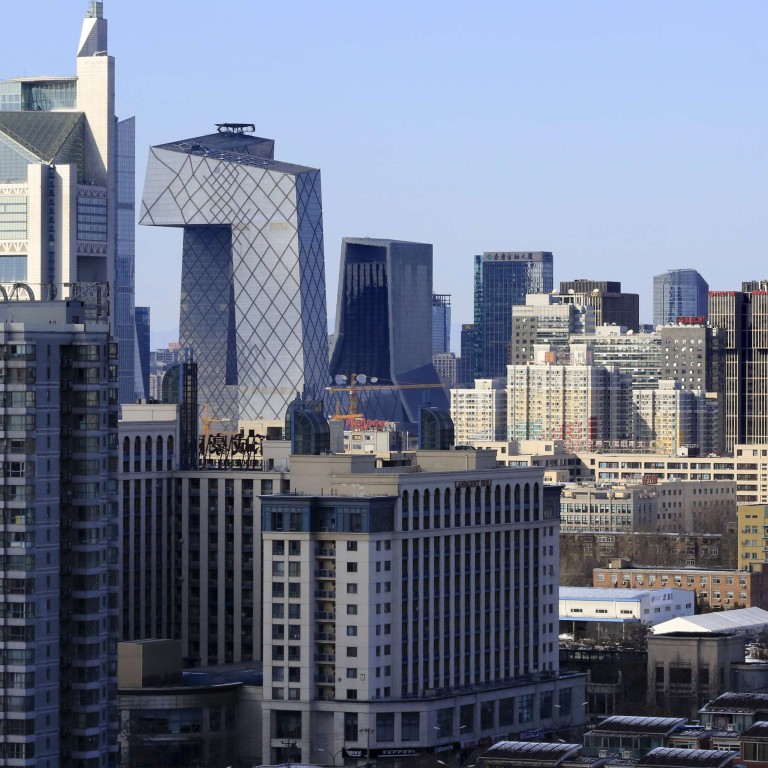
Beijing audit takes aim at land sales revenue
Audit seeks to open up local governments' balance books in push to cool home prices
The mainland will audit its land sales revenue this year, in another milestone in the opening up of local governments' balance books.
However, it is only a starting point in cutting the economy's heavy reliance on the property sector and taking the heat out of housing inflation in top cities.
In its first move to delve into the mysteries of local governments' finances, the National Audit Office thoroughly checked their debts last year and discovered that they totalled 17.9 trillion yuan (HK$22.6 trillion) at the end of June. The audit also found debt repayments were highly reliant on revenue from land sales, which accounted for an average of 37 per cent of repayments in 11 provinces.
Land sales revenue soared to a record 4.1 trillion yuan last year, up 44.6 per cent on 2012. It accounted for 86 per cent of local governments' off-budget incomes, against just 16.6 per cent in 2001.
Meanwhile, surging land prices have been a main driver of the housing inflation. Land costs can equal half the average selling price of some projects in Beijing and Shanghai.
The mainland has been stepping up efforts to deflate the bubble, built up over the past two decades, but home prices have still roared to record-high levels, beyond the reach of most families and posing a threat to social stability.
From past failures, policymakers came to recognise the need to resolutely deepen fiscal reforms to deflate the bubble gently and guide the market towards a more sustainable track.
Some economists have long argued that the property sector has taken the mainland's banking system and its economy hostage and some officials do not want to see a real cooling of the market as it will affect their ability to get loans, repay debts and invest in projects designed to drive economic growth.
Against such a backdrop, the audit raises hopes that the top leadership will eventually wean local officials off their addiction to land sales revenue.
The authorities have picked two provinces for a trial run before taking the audit nationwide in the second half of this year.
"It will finish before the end of this year and audit results will be made public in December this year or January next year," deputy auditor general Dong Dasheng said.
Premier Li Keqiang also sees the audit as an opportunity to crack down on corruption.
"We will have a thorough audit of some areas closely watched by the general public, including land sales revenue and the transfer of mines," Li said. "Through such a series of measures, we will provide no room for power rent-seeking and corruption to hide."

